1. Introduction to Egg Grading Equipment
Egg grading equipment refers to automated or semi-automated machinery designed to sort and classify eggs based on weight, size, and sometimes quality attributes such as shell integrity and color. As the egg production industry grows and demands for consistent quality increase, egg grading equipment becomes vital in maintaining product standards, optimizing packing processes, and enhancing operational efficiency.
By utilizing advanced sensors, conveyors, and control systems, egg grading equipment ensures accurate classification and reduces manual labor, minimizing errors and egg breakage. This equipment is widely used in poultry farms, egg packing plants, wholesale centers, and food processing industries.
This article aims to provide detailed information about egg grading equipment, including technical parameters, key features, advantages, applications, operating instructions, maintenance guidelines, and common troubleshooting questions.
2. Technical Specifications of Egg Grading Equipment
Sorting Capacity | 10,000 to 60,000 eggs per hour |
Egg Weight Range | 35g to 90g |
Size Categories | 3 to 6 categories (e.g., Small, Medium, Large) |
Conveyor Speed | Adjustable, typically 5 to 20 meters per minute |
Power Supply | 220V or 380V, 50/60Hz |
Machine Dimensions | Approximately 2000mm × 1000mm × 1200mm |
Machine Weight | 300 to 800 kg |
Construction Material | Stainless steel and food-grade aluminum |
Control System | PLC with touchscreen interface |
Sorting Accuracy | Typically above 98% |
Noise Level | Less than 75 dB |
Operating Environment | Temperature 0°C to 40°C; Humidity 10%-85% RH |
3. Key Features of Egg Grading Equipment
3.1 Automated Weight and Size Sorting
Equipped with high-precision load cells and sensors, egg grading equipment automatically measures the weight of each egg and sorts it into predefined size categories, ensuring consistent product classification.
3.2 High Throughput Capacity
The equipment can process tens of thousands of eggs per hour, significantly accelerating sorting speed compared to manual methods.
3.3 Gentle Handling to Reduce Breakage
Designed with cushioned rollers, slow-speed conveyors, and shock absorbers, the equipment minimizes impact forces, reducing the risk of egg breakage during sorting.
3.4 User-Friendly Control Panel
Featuring a PLC-based control system with touchscreen interface, operators can easily set parameters, monitor operation in real-time, and generate detailed reports.
3.5 Modular and Compact Design
The modular design facilitates easy installation, maintenance, and scalability, allowing integration into existing egg processing lines.
3.6 Compliance with Food Safety Standards
Manufactured with stainless steel and food-grade materials, the equipment complies with hygiene standards and supports easy cleaning.
3.7 Optional Quality Inspection
Some models incorporate candling or crack detection systems for enhanced quality control during grading.
4. Advantages of Egg Grading Equipment
4.1 Improved Operational Efficiency
Automated grading drastically reduces the time and labor required for egg sorting, enabling higher productivity.
4.2 Consistent Quality and Product Standardization
Accurate sorting ensures eggs meet size and weight standards, improving consumer confidence and brand reputation.
4.3 Minimized Egg Damage and Waste
Smooth handling and gentle transport reduce breakage, lowering product loss and increasing profitability.
4.4 Data Management and Traceability
Modern equipment offers data logging and analytics to help optimize production and manage inventory.
4.5 Flexibility and Scalability
Equipment can be tailored to various farm sizes and production scales and integrated into automated packing lines.
5. Applications of Egg Grading Equipment
5.1 Poultry Farms
Medium to large-scale poultry farms utilize egg grading equipment to automate sorting, enhance labor efficiency, and maintain product standards.
5.2 Egg Packing Plants
Egg grading machines are essential in packing plants to ensure eggs are sorted correctly before packaging, maintaining workflow and quality control.
5.3 Wholesale and Distribution Centers
Wholesalers use grading equipment to sort eggs for bulk distribution, ensuring uniformity across shipments.
5.4 Food Processing Industries
Egg processors rely on grading machines to filter out damaged or substandard eggs before processing into other products.
6. Operating Instructions for Egg Grading Equipment
6.1 Pre-Operational Preparation
Ensure the equipment is installed on a stable, level surface.
Connect the machine to the appropriate power supply.
Calibrate sensors and load cells as per manufacturer guidelines.
Input sorting categories and parameters on the control panel.
6.2 Operating Procedure
Power on the machine and initialize the system.
Load eggs onto the feeding conveyor carefully.
Monitor sorting progress via the touchscreen interface.
Collect sorted eggs from designated outlets based on size categories.
6.3 Shutdown and Cleaning
Power off the equipment following safety protocols.
Remove residual eggs and debris.
Clean all contact surfaces with food-safe sanitizers.
Inspect mechanical components for wear.
7. Maintenance Guidelines
7.1 Daily Maintenance
Clean conveyors, rollers, and sensors.
Remove any debris or broken egg fragments.
Check for unusual noises or vibrations.
7.2 Weekly Maintenance
Lubricate moving parts as recommended.
Inspect belts, rollers, and load cells for wear.
Check sensor calibration.
7.3 Periodic Maintenance
8. Troubleshooting Common Issues
Machine fails to start | Power outage or wiring issues | Check power supply, reset emergency stop |
Inaccurate sorting results | Sensor misalignment or calibration error | Recalibrate sensors, clean sensor lenses |
Excessive egg breakage | High conveyor speed or mechanical faults | Reduce speed, inspect for damaged parts |
Conveyor jam | Foreign objects or improper egg loading | Clear jam, ensure proper egg handling |
Control panel malfunction | Software glitch or hardware failure | Restart system, update software, consult technician |
9. Frequently Asked Questions (FAQ)
Q1: What is the sorting capacity of egg grading equipment?
Typical sorting capacity ranges from 10,000 to 60,000 eggs per hour depending on the model.
Q2: Can the equipment sort eggs by both size and weight?
Yes, most egg grading equipment uses integrated sensors to sort by both parameters.
Q3: Is the equipment suitable for different egg types?
Generally, yes. It supports chicken, duck, and quail eggs, though confirm with manufacturers for specialty eggs.
Q4: How often should the equipment be calibrated?
Calibration is recommended before first use and regularly every 1-3 months.
Q5: Does the equipment detect cracked or damaged eggs?
Some advanced models include candling or crack detection capabilities.
Q6: How do I clean the equipment?
Disconnect power, remove debris, and clean with food-safe sanitizers following manufacturer guidelines.
Q7: What is the expected lifespan of egg grading equipment?
With proper maintenance, lifespan ranges from 8 to 15 years.
Q8: Can the equipment be integrated with packing lines?
Yes, modular designs allow easy integration with existing packing systems.
10. Conclusion
Egg grading equipment is a cornerstone technology in modern poultry and egg production, enabling automated, accurate sorting that boosts productivity, reduces labor, and improves product consistency. Through advanced sensors, user-friendly controls, and robust construction, these machines support scalable and hygienic operations across farms, packing plants, and distribution centers.
Investing in high-quality egg grading equipment is a strategic decision that enhances operational efficiency, product quality, and market competitiveness.
Company Profile
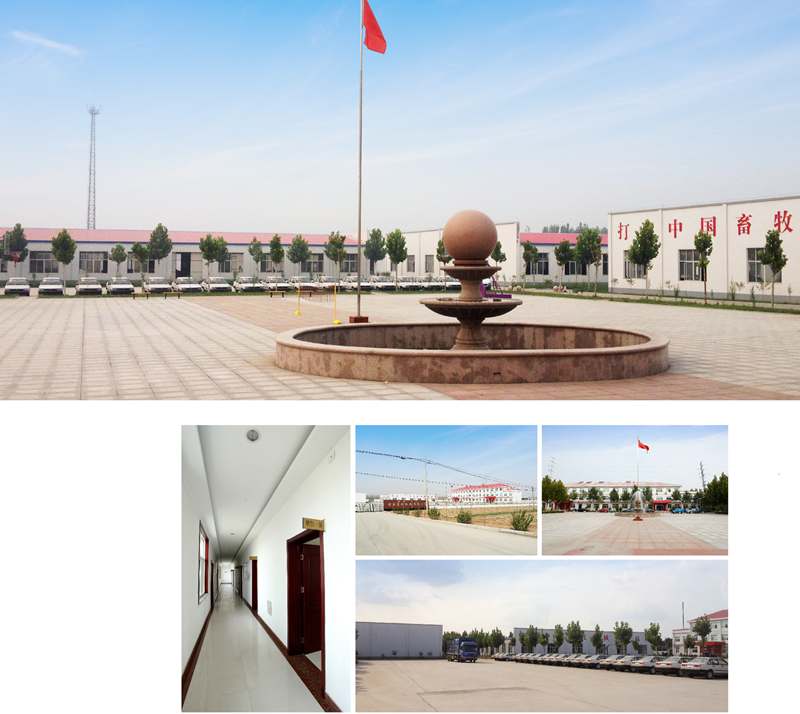
Shandong Huimin Qinle Livestock Machinery Co., Ltd. (formerly Shandong Huimin Qinle Livestock Machinery Factory) is a professional poultry equipment manufacturer with over 20 years of experience. We offer a comprehensive service package, from design (land and chicken coops), production (equipment and prefabricated steel coops), installation, commissioning, customer training, and after-sales service.
Located in Huimin County, Binzhou City, Shandong Province, China, the company has extensive experience in mechanical processing and manufacturing, as well as livestock machinery production and operation. With fixed assets of RMB 15 million, the company employs 160 people, including 30 R&D staff, and occupies a 40,000-square-meter factory. Equipped with over 110 pieces of advanced precision production equipment, including CNC machining centers and laser cutting machines, the company boasts a production capacity of RMB 50 million.
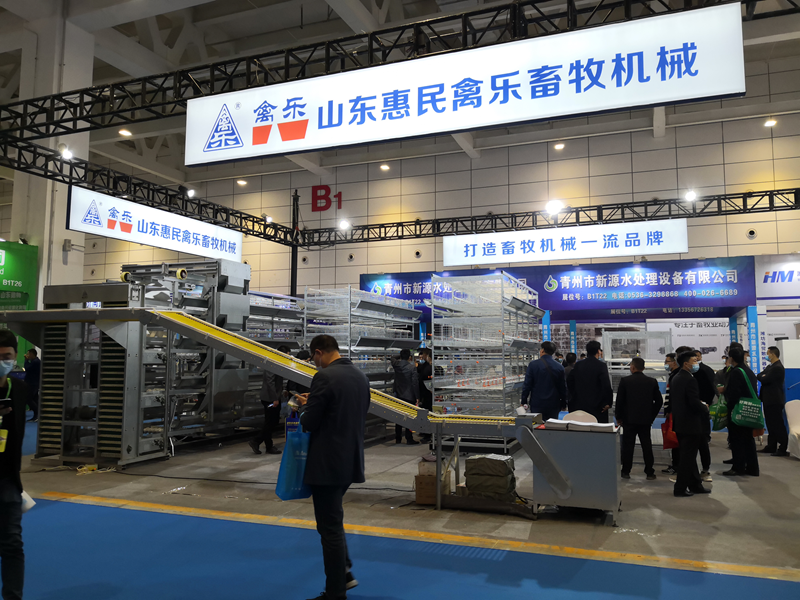

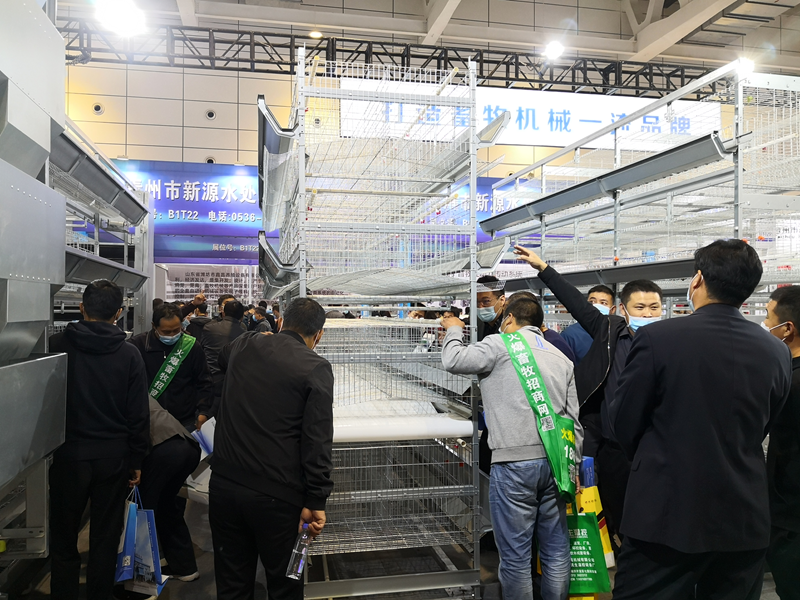
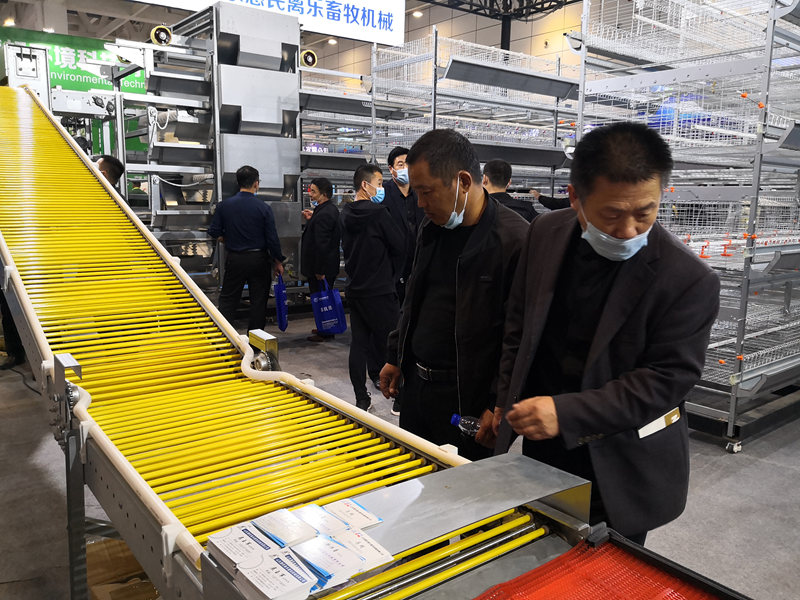
Chicken Farming Equipment Mesh Production Workshop

Machining Workshop
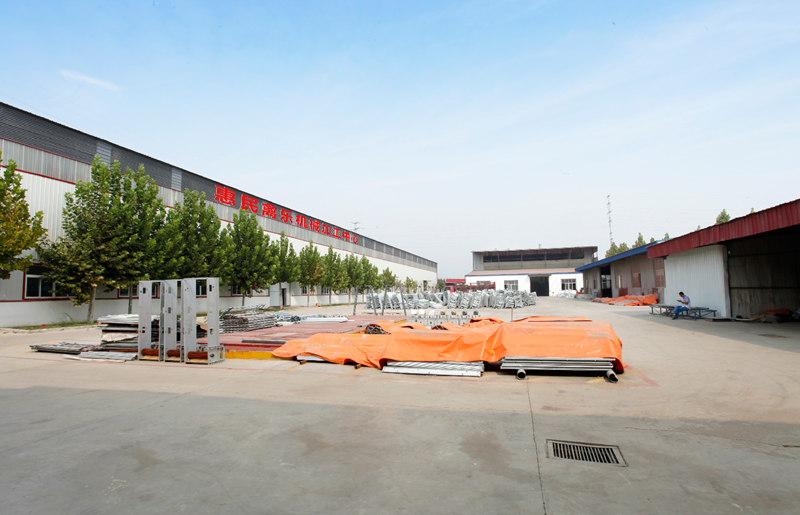
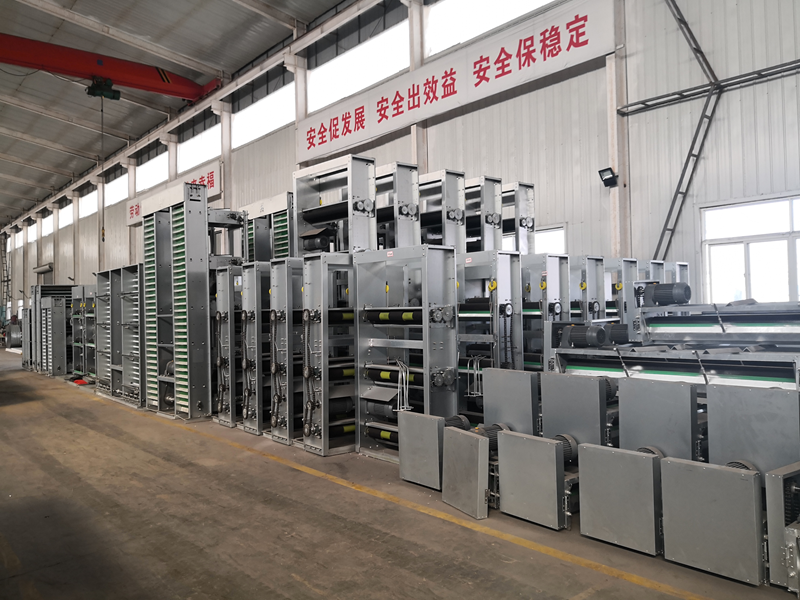
Turret-type CNC Punch Press, Laser Cutting and Other Machining Equipment
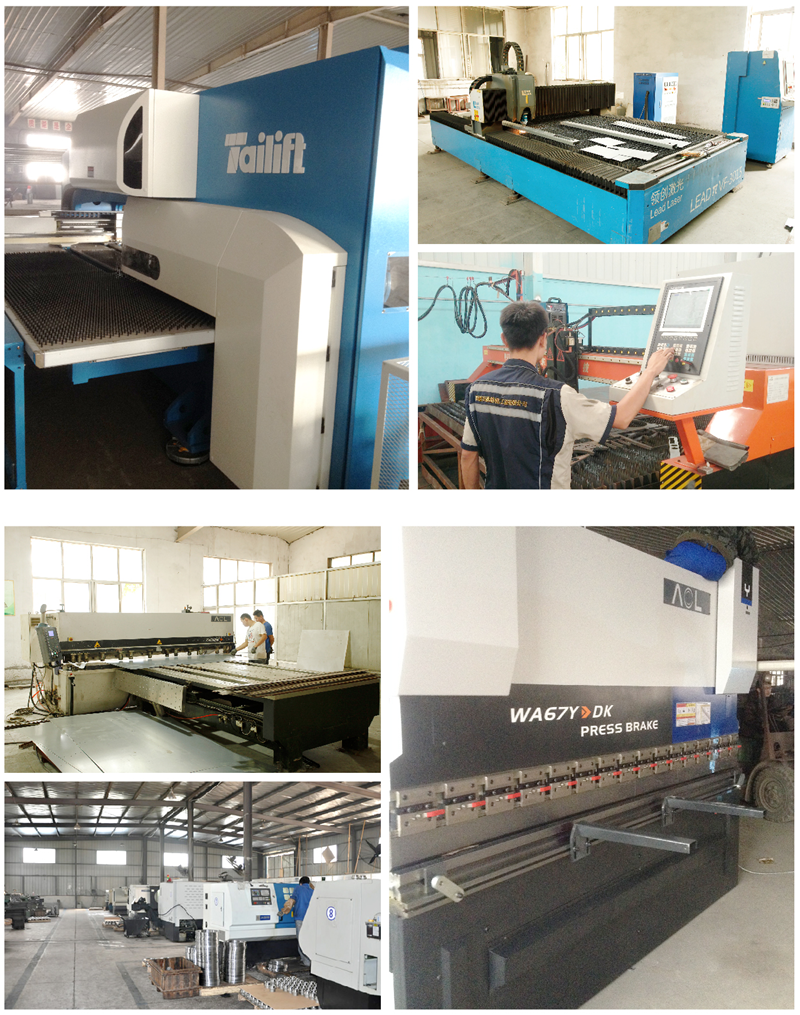
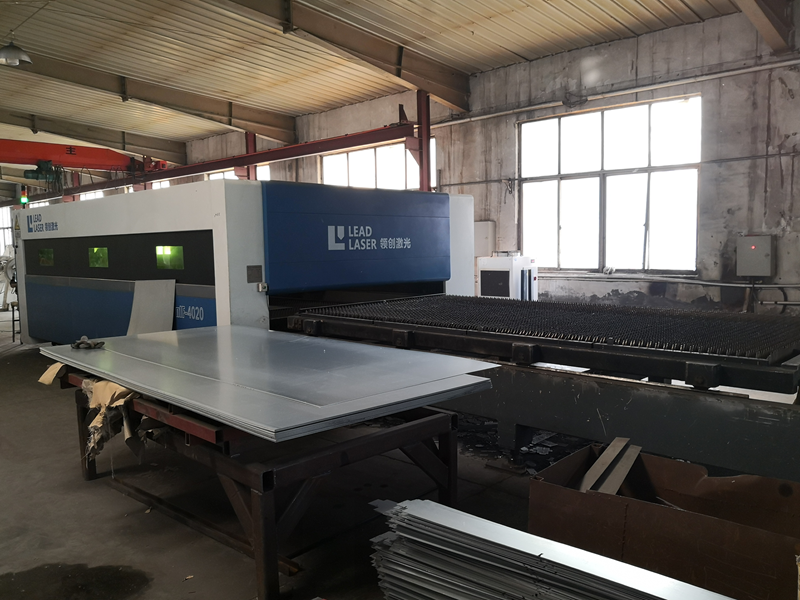

Fully Automated Roll Forming Production Line

Hot-dip Galvanizing Production Line

Electroplating Production Line
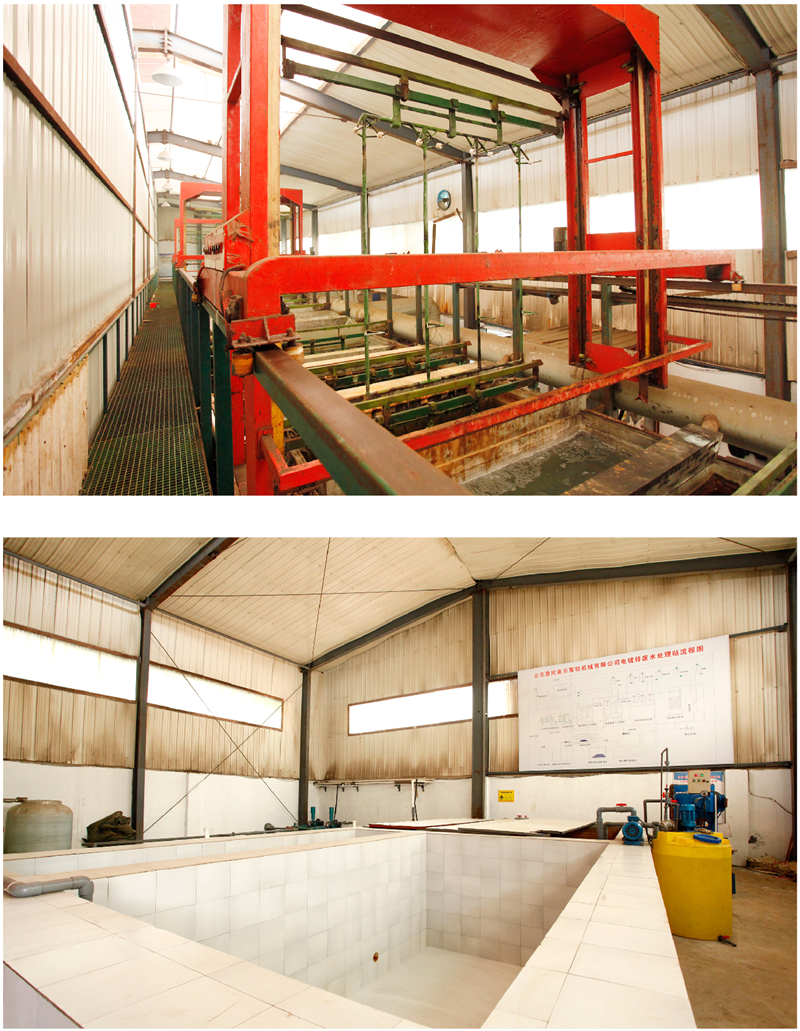
Environmental Protection Equipment
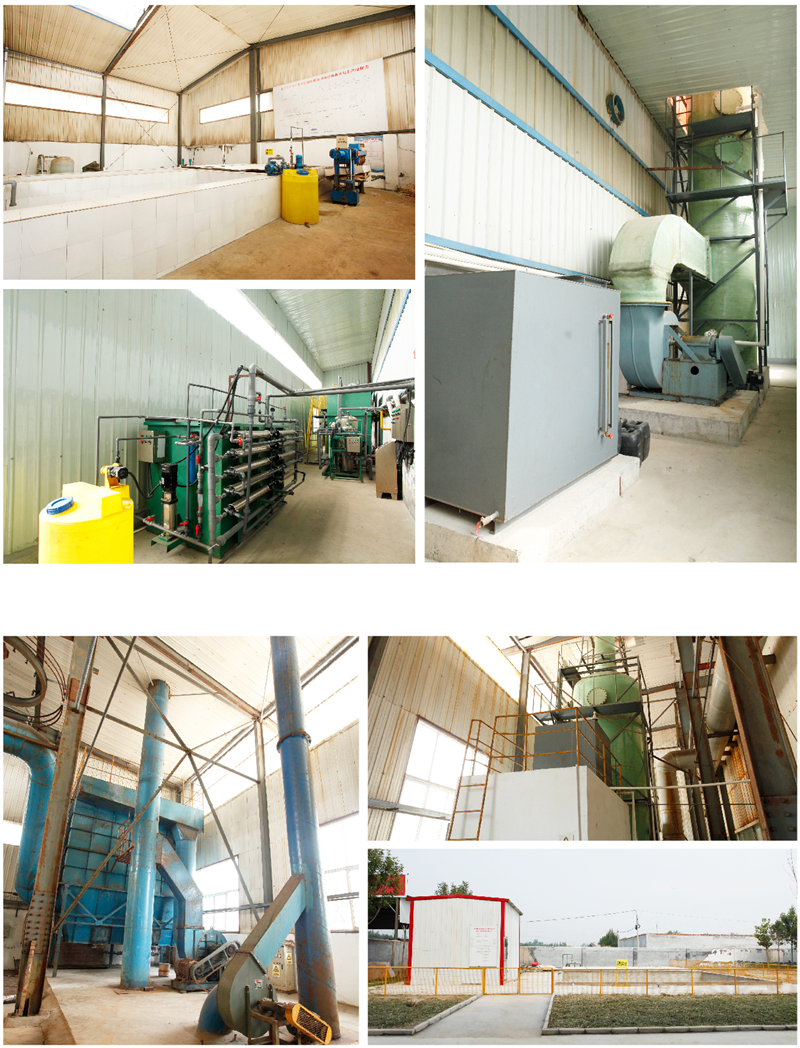
Chicken Farming Equipment Product Series
Egg-laying Hen Farming Equipment
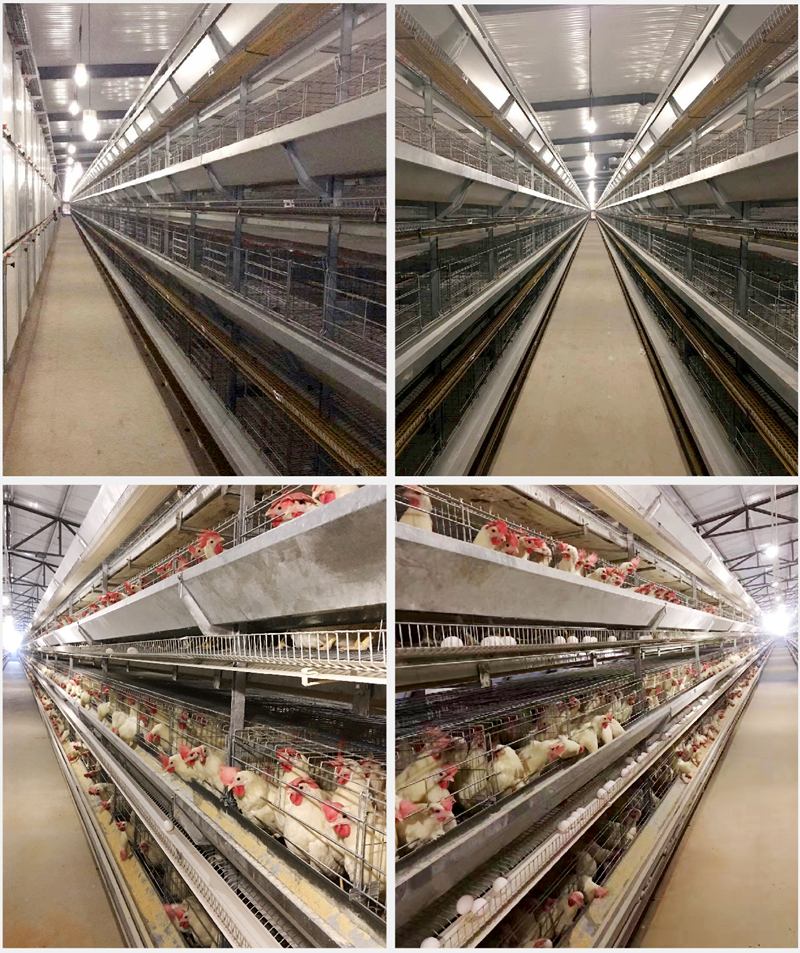
Stacked Brooding Cage Equipment

Stacked Broiler Cage Equipment
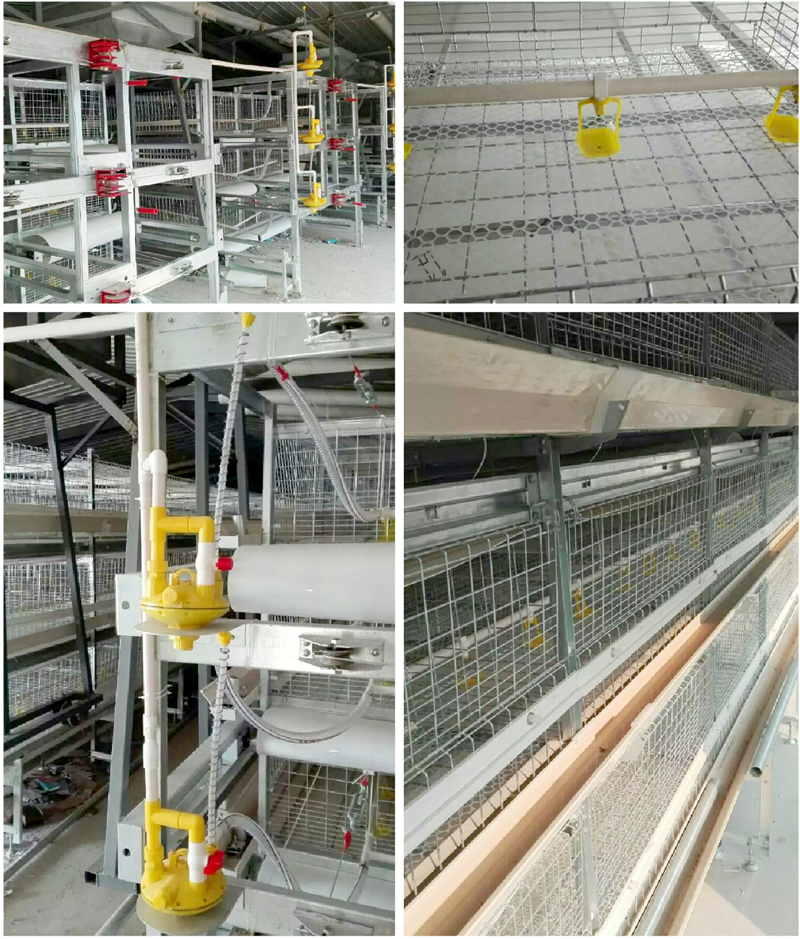
Stepped Layer Hen Cage Rearing Equipment
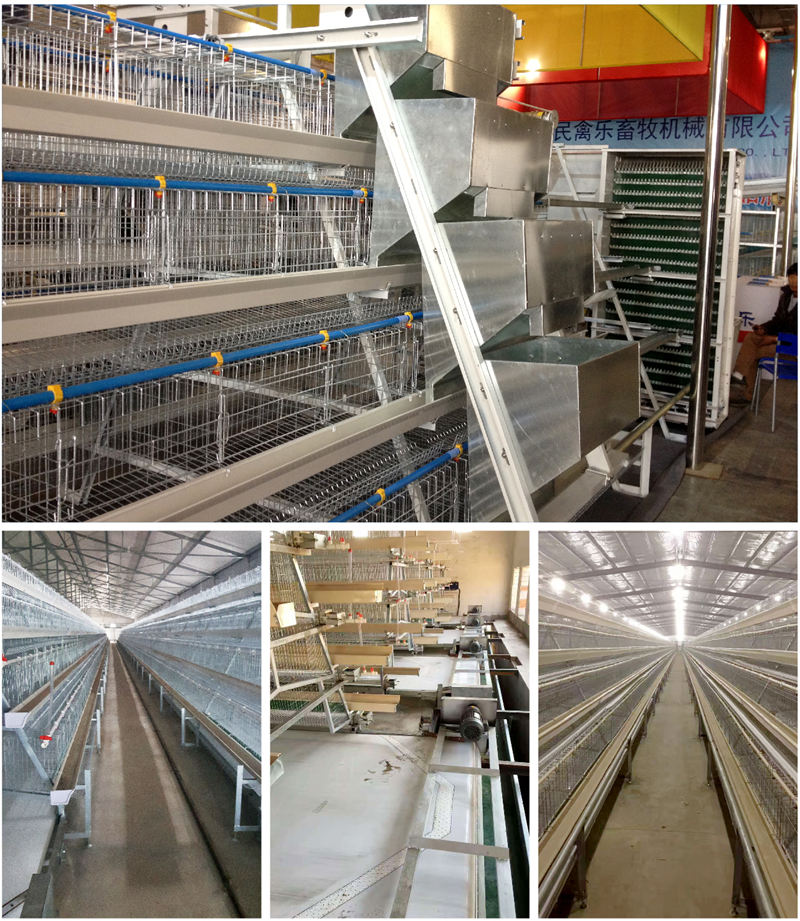
Automatic Egg Collection System
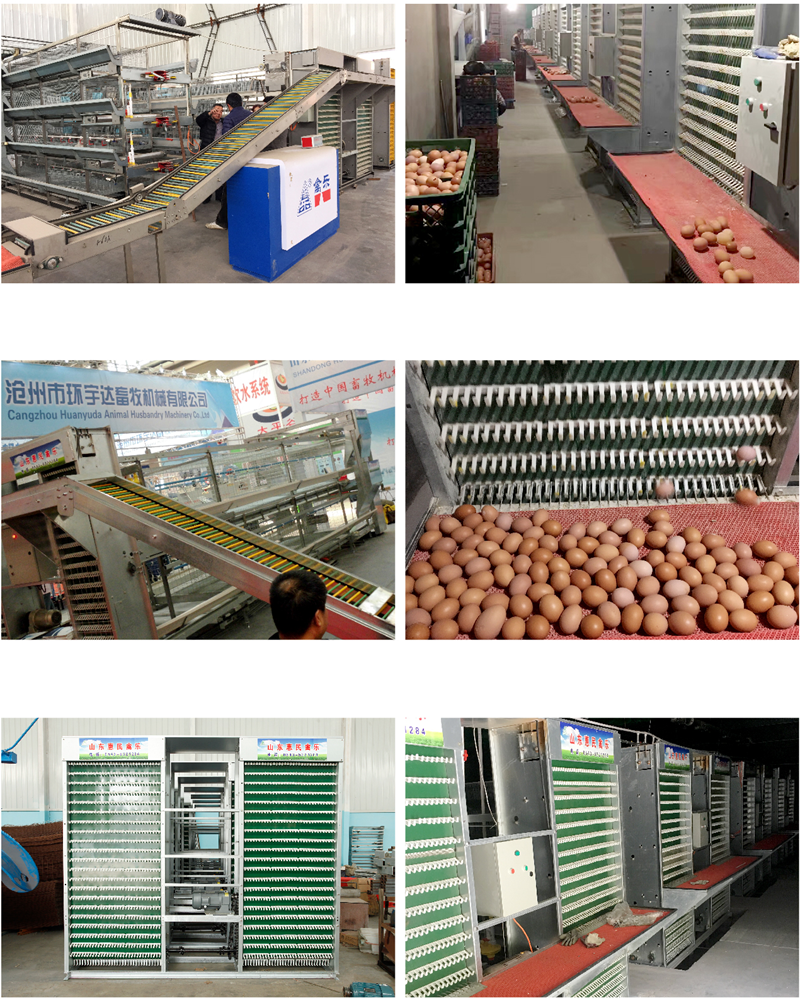
H-type Cage Feeding Machine
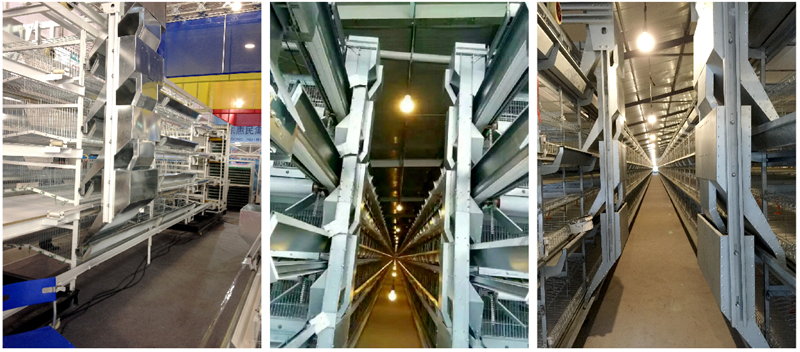
Stepped Cage Straddle Feeder
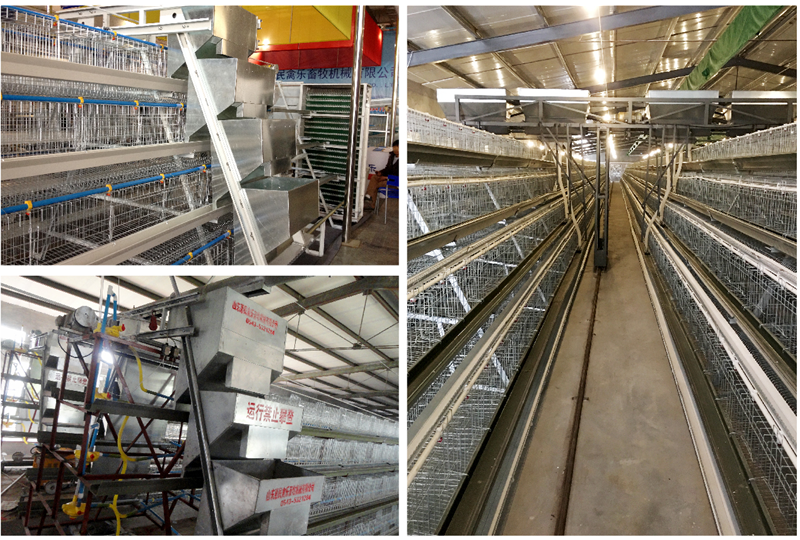
Manure Removal Machine
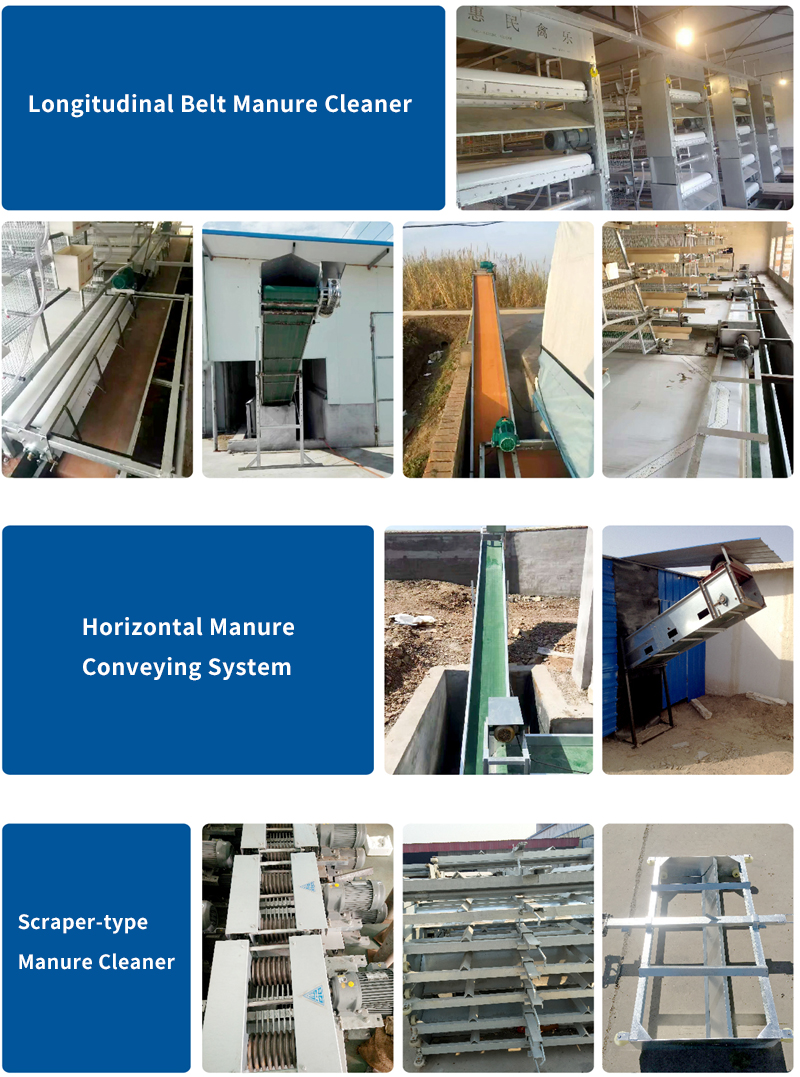
Fans, Heated Curtains, Environmental Control Systems, and Lighting Equipment
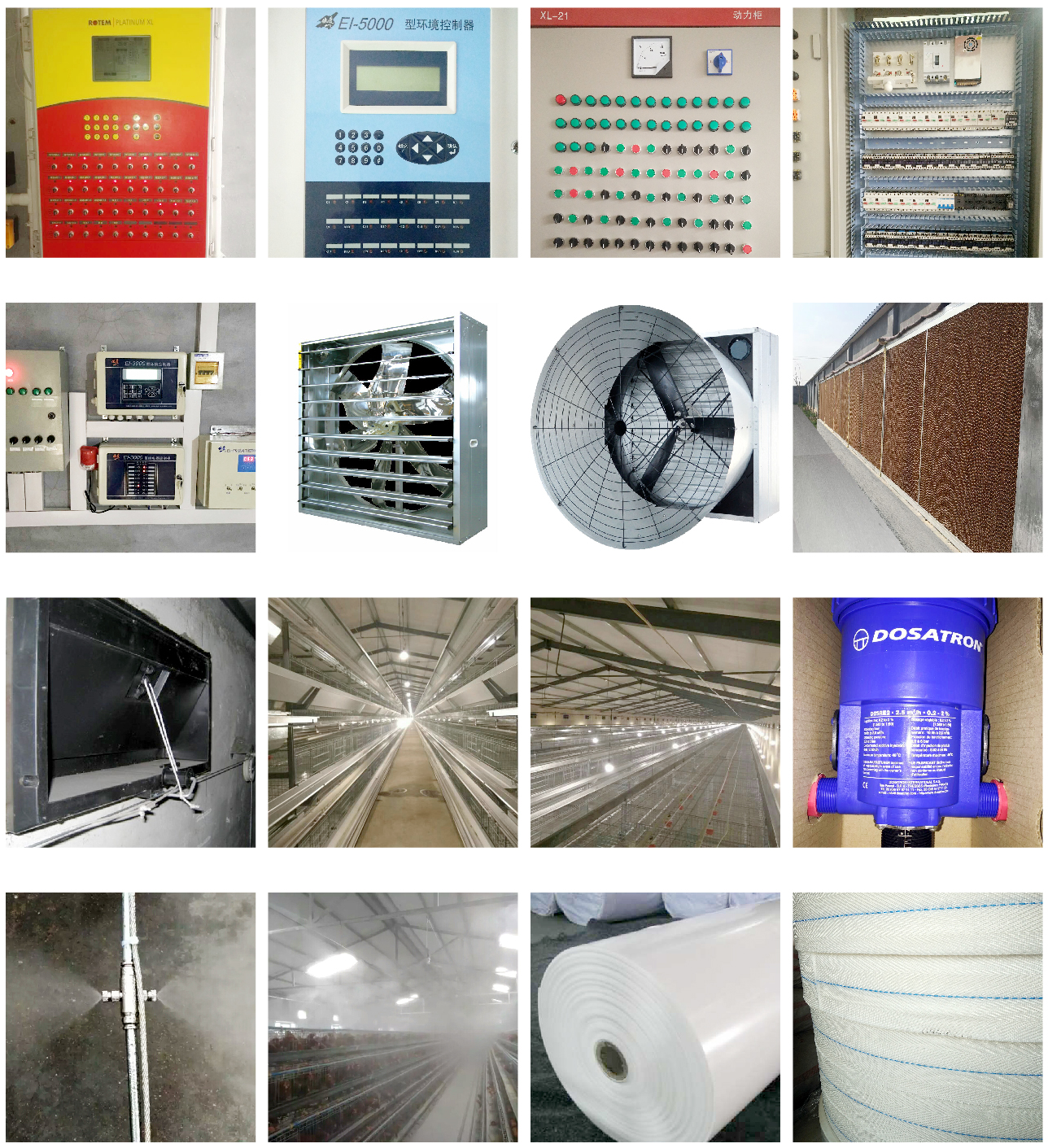
Complete Set of Equipment for Organic Fermentation Treatment of Manure
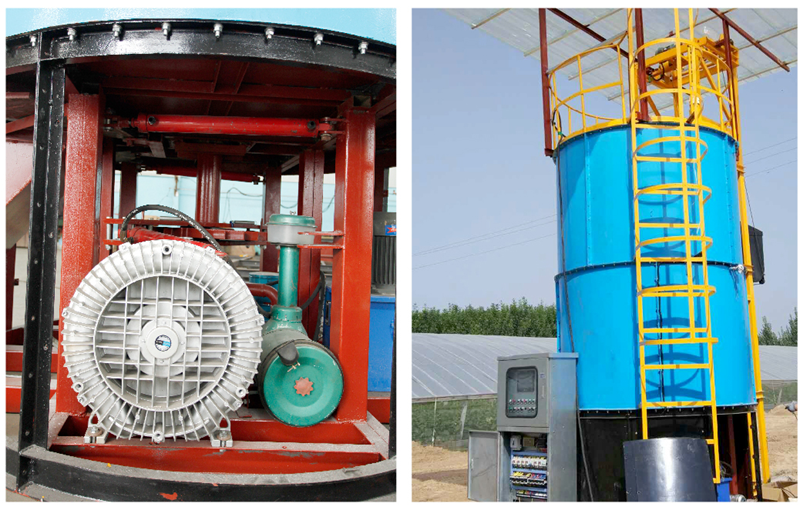

 Catalogue
Catalogue






























 Whatsapp
Whatsapp Telefon
Telefon